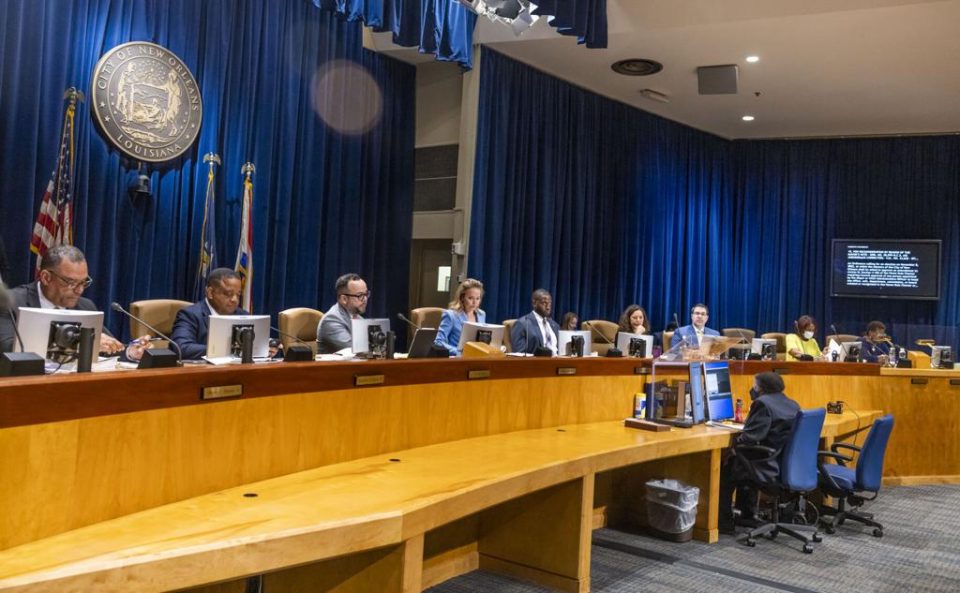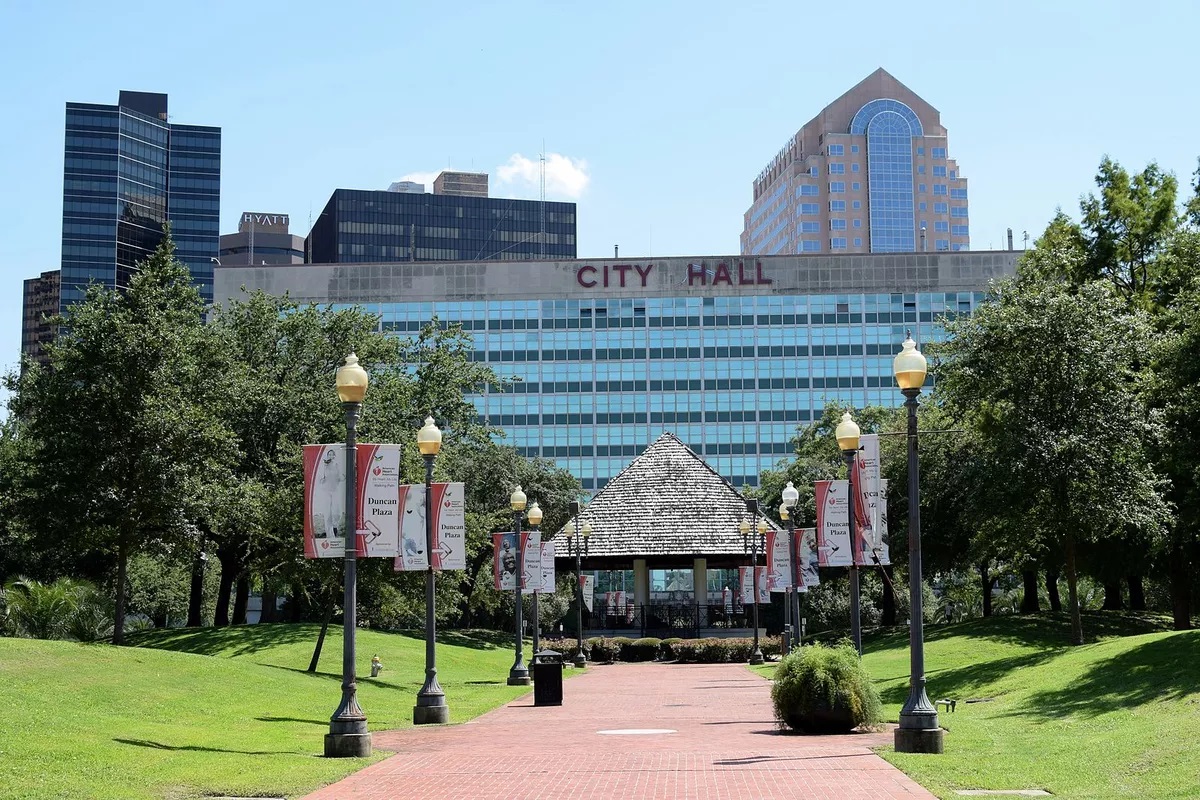New Orleans is staring down a fiscal abyss. Budgets are tight. Revenues lag. City Hall is now discussing using COVID relief money to close recurring deficits — or worse, raising taxes or cutting services. But before they ask public employees to take another pay cut (or worse), we must warn: many city workers are already stretched thin. Some even rely on welfare benefits despite working full time for the city.
The precarious budget: projection vs. reality
The city’s projected revenue shortfall for the coming year is monstrous — over $150 million in deficit. The best case for balancing the budget’s required options:
- Tap into COVID-19 relief funds (not meant for long-term patchwork)
- Raise property, sales, or service taxes
- Slash services — from sanitation to parks to policing
- Cut city worker pay or benefits
But every choice has a cost.
COVID money is a lifeline, not a lifeboat
Putting COVID relief dollars into personnel or operating expenses is tempting — because it’s federal cash with fewer strings attached. But that money is one-time, not recurring. If used to sustain ongoing payroll or services, when it dries up, the same problem still exists.
That kind of accounting is a trap. It’s phantom revenue that masks systemic decline.
Don’t punish the workers
City workers are underpaid already. Some are eligible for supplemental programs or welfare assistance even while doing full-time municipal work. Reducing their wages or benefits would deepen inequality and demoralize the backbone of city operations: clerks, sanitation crews, park workers, code enforcement, and more.
Take a sanitation truck driver: pushing 8 hour shifts in New Orleans heat. Cutting her pay by 5–10% could make her depend on food stamps or housing assistance. That’s not just unfair — it’s unsustainable.

The service backlash
If you cut services — fewer trash pickups, slower code enforcement, reduced recreational programming, delayed pothole repair — the neighborhoods that already suffer the most will bear the brunt. Low-income and Black communities will see widening gaps in quality of life.
“We can’t treat municipal cuts like switching off a light bulb,” a resident in Algiers told me. “They’re real life impacts.”
Related: Is This Budget Deficit Created by the City Council?
The danger of raising taxes
Raising taxes might sound progressive when it targets property or business owners. But doing this is really regressive in the big picture: long-time homeowners in Black neighborhoods often have low or fixed incomes, fixed assets, and minimal growth. A tax hike hits them harder than new developments or corporate real estate. Couple that with rising insurance costs and extremely high property taxes, and we are just one bad hurricane away from a ghost town

Moreover, raising rates when service levels fall is just a bad social contract: taxpayers should get what they pay for.
A better path forward (if we have the will)
- Audit every line item for waste, inefficiency, duplicative contracts.
- Tax reform, not rate hikes: target luxury, gambling, tourism, short-term rentals — not basic property or services.
- Public-private partnerships to maintain services without burdening payroll.
- Gradual reorganizations of departments, not sudden layoffs or pay cuts.
- Tie relief spending to capital or one-off investments, not ongoing obligations.
Final warning (Langston’s note)
You can’t ask the very people holding the city together to bear the burden of incompetence at the top. The deeper crisis is structural underinvestment, not public workers’ wages.
If City Hall crosses the line — using COVID cash to plug recurring holes or slashing workers’ pay — they risk losing not just services, but the trust of the people. New Orleans deserves more than emergency balancing acts. We deserve vision, responsibility, and leaders who fight for the city, not just spreadsheets.

